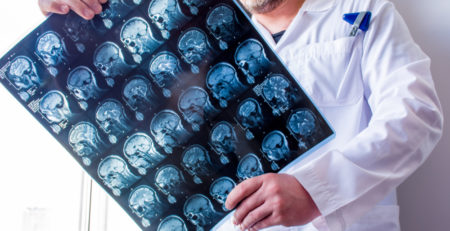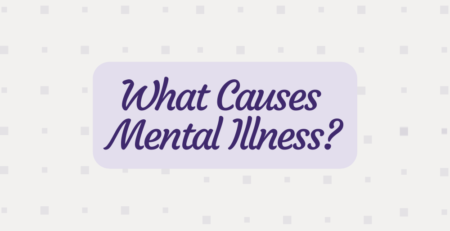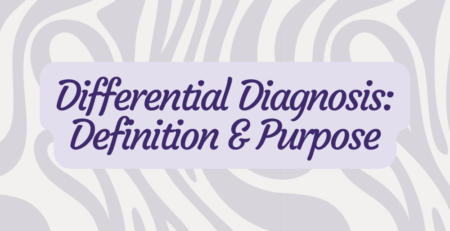Causes of Depression
At Serene Behavioral Health, depression is one of our clients’ top concerns. This complex and multifaceted illness is a leading cause of disability worldwide, disrupting daily life and stifling potential for millions of people.
While everyone feels down or unhappy at times, clinical depression lingers and penetrates daily life, often without a specific reason or cause.
Potential Causes of Clinical Depression
Why are some people more vulnerable to depression than others? Like other mental illnesses, depression involves a complex interplay of variables.
- Biological factors: Some people’s brain chemistry makes them more susceptible to depression. Imbalances in neurotransmitters, which help your brain communicate, can play a significant role in its onset.
- Genetics: A family history of depression might increase your vulnerability. If your close relative has dealt with depression, you have a higher chance of developing this illness.
- Environmental triggers: Chronic exposure to violence, neglect, abuse or poverty can increase the likelihood of depression. Stressful life events, from job loss to the death of a loved one, can also be potential triggers.
- Psychological and personal factors: Low self-esteem, being overly dependent, or even innate personality traits such as pessimism can make you more likely to experience depression.
- Physical health concerns: Chronic illnesses, insomnia or sleep disorders, and chronic pain can heighten your risk of developing depression.
- Substance abuse: Many people with substance use disorder face clinical depression, and vice versa. Often, the interplay between addiction and depression creates a vicious cycle that exacerbates both conditions.
The Imperative of Depression Screening
Given depression’s multifaceted nature, pinpointing its precise cause can be challenging. However, a depression screening can still serve several vital functions.
- Early detection: Like many conditions, early diagnosis leads to improved outcomes. Screenings can catch subtle symptoms that might otherwise go unnoticed.
- Personalized treatment: Once your health provider has identified depression, you can seek treatment tailored to your unique needs, considering your specific triggers and life circumstances.
- Awareness and education: A screening can be a catalyst for a better understanding of your mental health. It’s an opportunity to learn about depression and the various tools and treatments available.
- Reduced stigma: Getting screened, openly discussing your results, and actively getting counseling are pivotal steps in destigmatizing mental health challenges.
Empowering Depression Recovery at Serene Behavioral Health
Depression isn’t a sign of weakness or a character flaw. It’s a genuine and treatable medical condition facing millions of people worldwide. At Serene Behavioral Health, we emphasize the importance of understanding, empathy, and proactive steps in addressing this global concern. Remember, no one needs to face depression alone; support, care, and recovery are within reach.
Though many people assume their persistent lack of energy and low mood are normal parts of everyday life, that doesn’t have to be the case. Depression responds well to specific medications, evidence-based counseling, and lifestyle changes. Serene Behavioral Health treats depressive disorders beyond symptom management, with four levels of care to meet our clients’ needs. Reach out today to request help for yourself or a loved one.
















